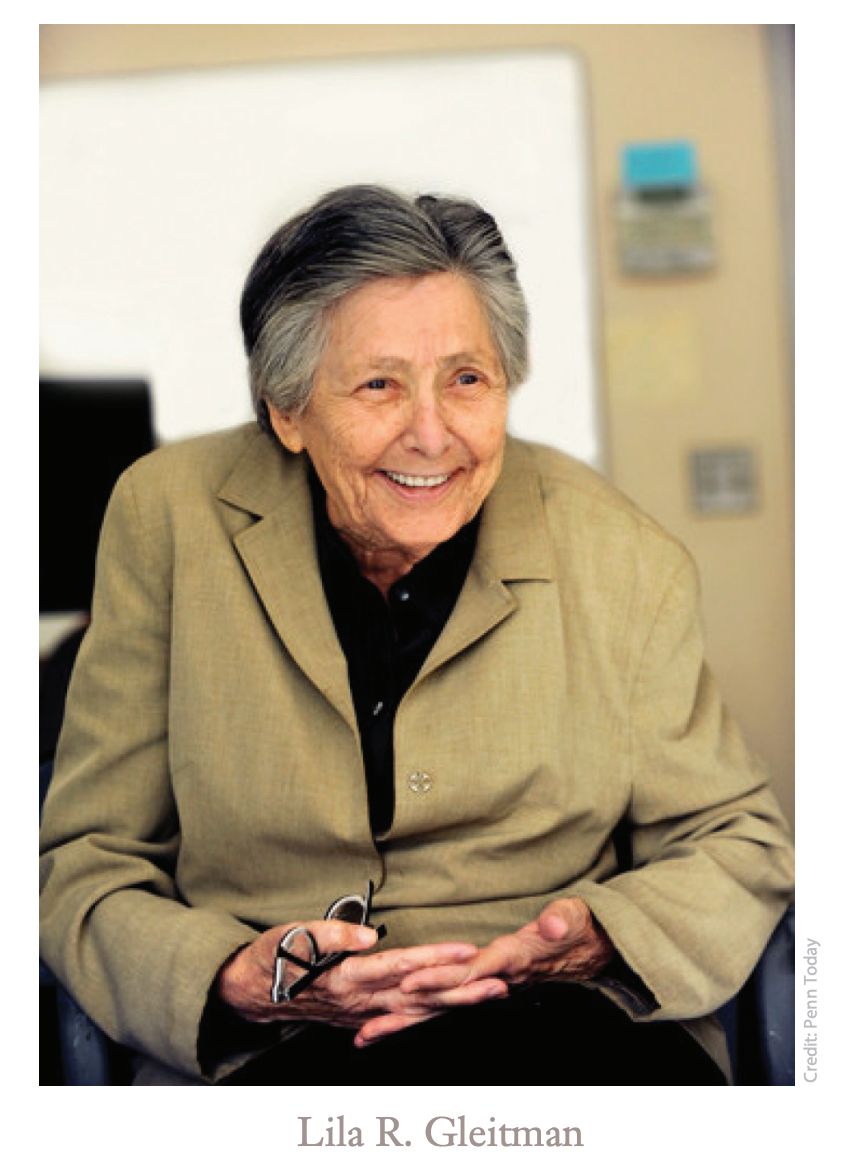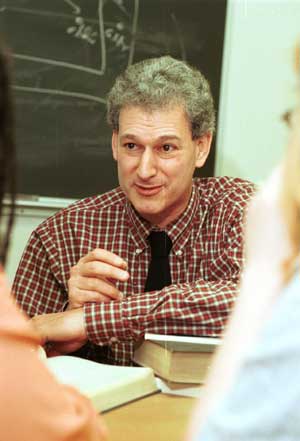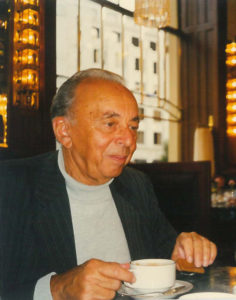A Remembrance of Anne Cutler
The following is a guest post by Martin Ho Kwan Ip, who is now a postdoc at Penn. See "Anne Cutler 1945-2022", 6/8/2022, for some background and links.
I am one of Anne's most recent students (her 44th student from the MARCS Institute in Australia). I met Anne for the first time in 2014 when she was invited to give a talk at the University of Queensland (we had been corresponding by email but had never met until then). Although I was fascinated with languages, I was still an undergraduate student in psychology and foreign languages; I knew next to nothing about speech and was totally unfamiliar with many of the concepts and jargon in linguistics. But her talk was like a story and it was so memorable – she showed us some of the different mental challenges associated with listening (like when she used speech waveforms to show us how gaps between words are not as clear as we think), why different languages are needed to better understand how the mind works when we listen, how infants’ early segmentation abilities influence later vocabulary growth – this was the first language-related talk I had attended and I was just so, so intrigued.
Read the rest of this entry »


 Michael Silverstein, a titan in the field of linguistic anthropology, passed away on Friday.
Michael Silverstein, a titan in the field of linguistic anthropology, passed away on Friday. 